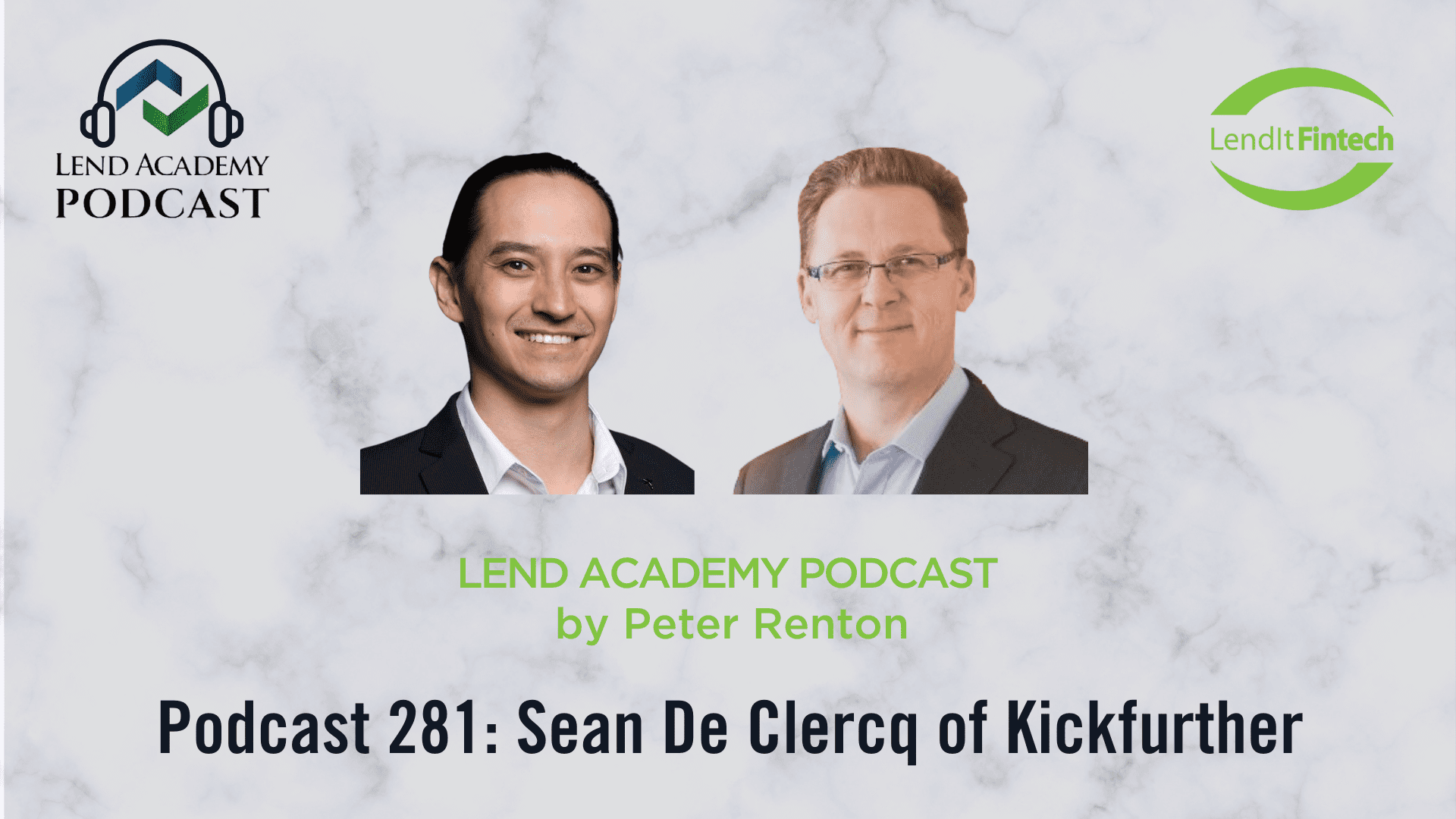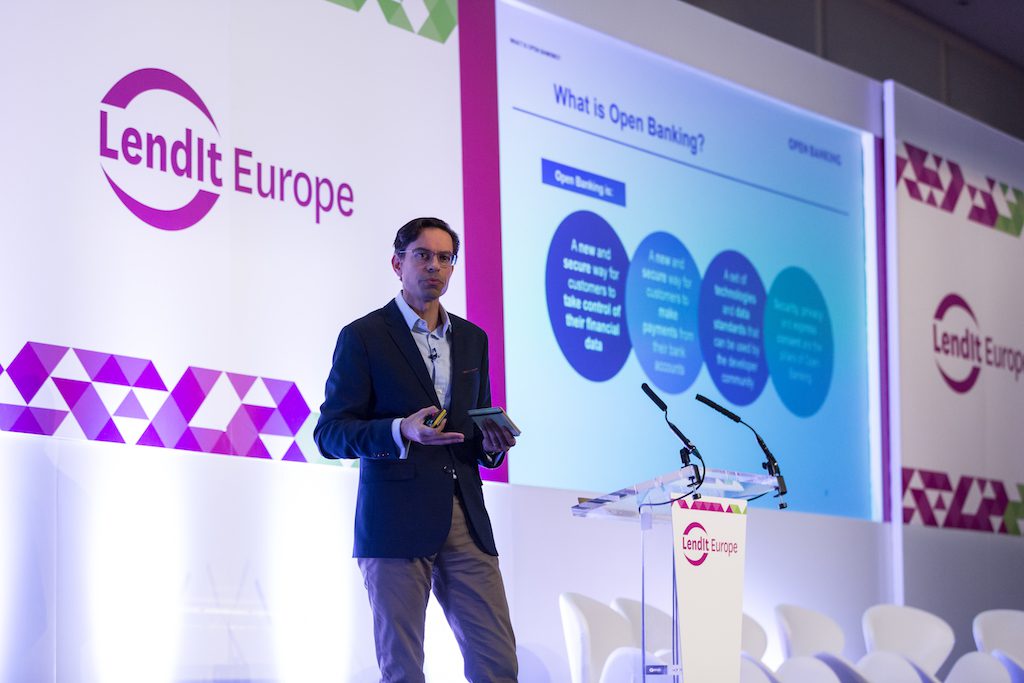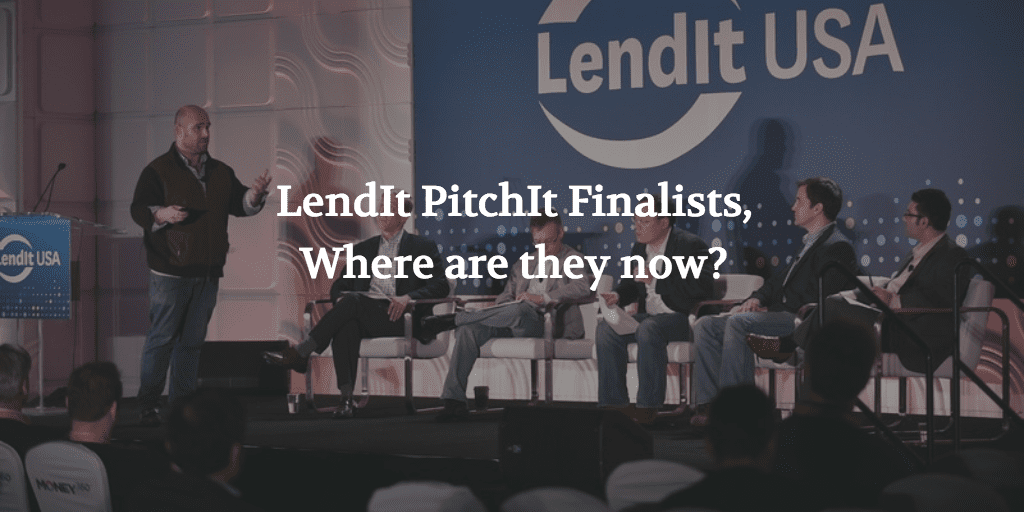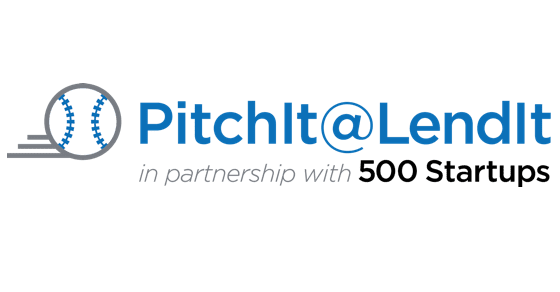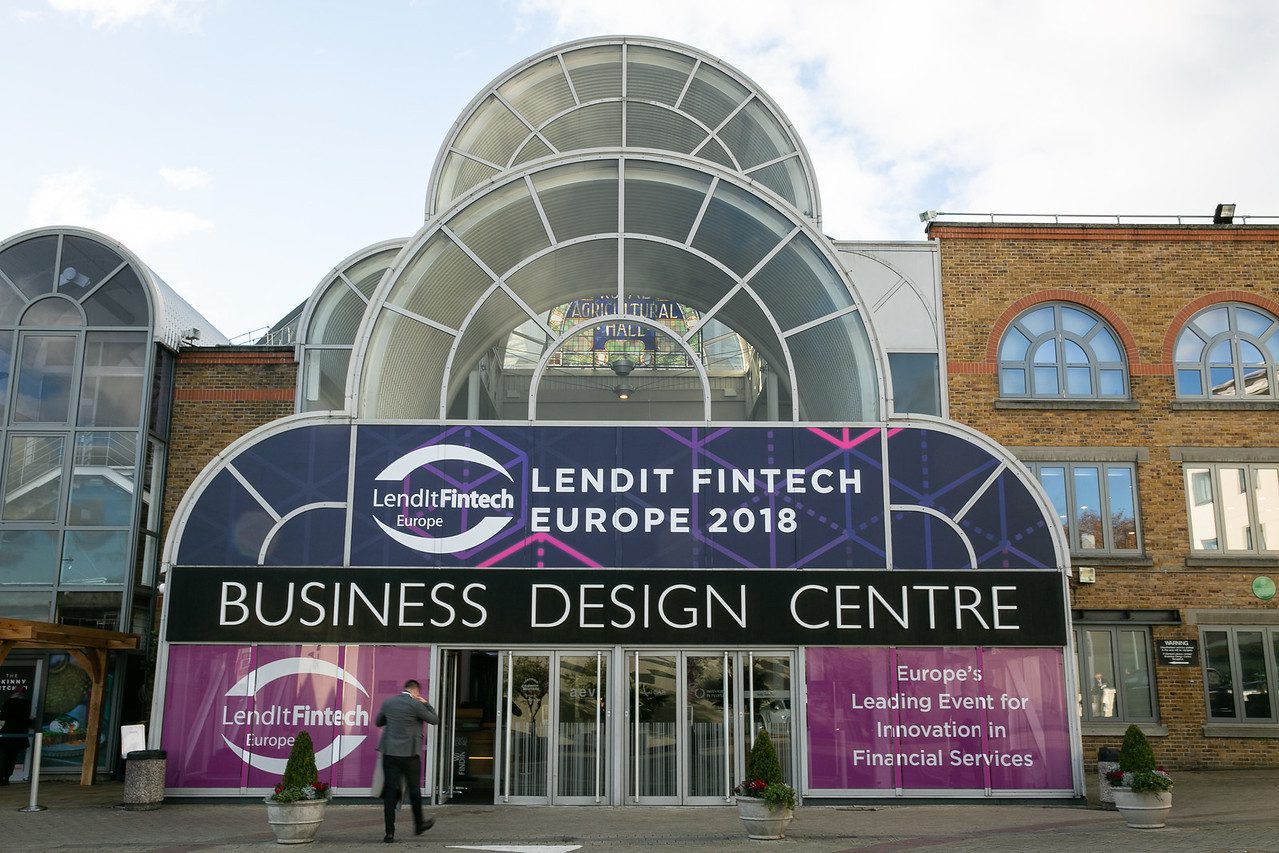Those businesses that make physical products always have the same challenge. They typically have to pay for their inventory before...
Last week the fintech world gathered in San Francisco for the 7th annual LendIt Fintech USA conference; Lend Academy shares highlights...
The fourth annual LendIt Europe event was in London earlier this week with around 1,100 people in attendance. Here are...
PitchIt @ LendIt is a competition for startups to pitch in front of top fintech VCs. Over the last 3...
LendIt has also always sought to feature fintech startups. Our first ever PitchIt @ LendIt was held at LendIt...
We have just wrapped up what I think has been the most successful European conference LendIt has ever had. We...
Last week the European fintech industry gathered in London for the fifth annual LendIt Fintech Europe event. While there were...
Lend Academy summarizes the activity of past LendIt PitchIt finalists in their article; a LendIt competition for startup businesses, PitchIt provides finalists the opportunity to present their business in front of a panel of judges and an audience of investors with the goal of receiving new venture capital funding for business growth; since 2015, PitchIt has helped support the success of the many finalists detailed in the Lend Academy article. Source
LendIt has announced eight finalists from a pool of approximately 300 applicants for this year's PitchIt @ LendIt USA; finalists will be connected with mentors for competition preparation and ongoing business support; LendIt has partnered with 500 Startups and sponsor Marqeta to host the event; the finalists will present to a panel of judges at LendIt USA 2017 on March 7. Source
At LendIt we have always tried to do our part in promoting fintech startups. We started hosting our PitchIt @...


